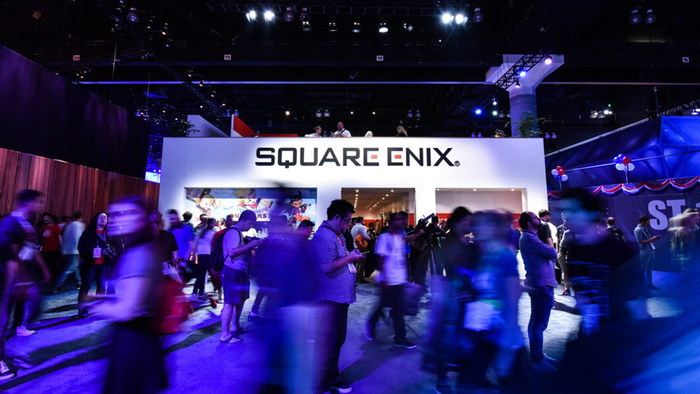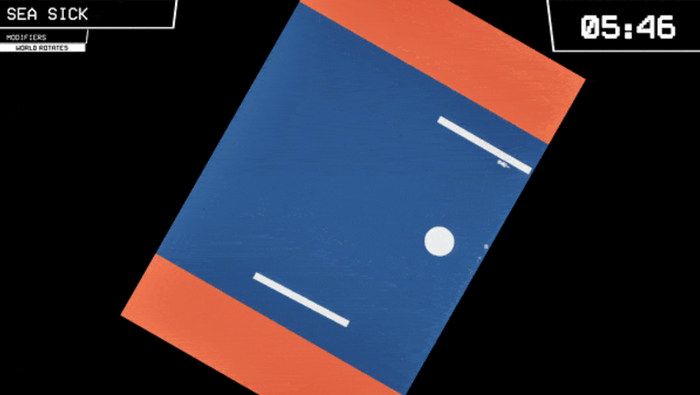GDC 2012: On My HTML5 Mobile Games Sponsored Talk At GDC
HTML5 mobile games are set to start a gold rush - learn how to be a part of it at GDC.

In advance of the session I'll be presenting this week at GDC, I wanted to share some of the key points regarding the opportunity for mobile game developers to start taking advantage of HTML5 today.
HTML5 represents a massive paradigm shift for mobile gaming:
It solves the platform fragmentation nightmares that have mired the industry for the last decade.
It moves us away from the walled gardens of the wireless network operators and away from the proprietary app ecosystems with their restrictive and arbitrary policies on application behavior and monetization.
It facilitates open discovery, where our games are not doomed to being buried in an app store catalog as the only means for being discovered (see graphic below). Last week Google announced 450,00 apps have been launched on the Android marketplace. With 550,000 on the iOS store, we have now officially crossed the 1 million app mark!

HTML5 is the ultimate solution to platform fragmentation, across desktop and mobile, as well on all manner of connected devices. Some of the most popular games and apps - mobile and online - are already leveraging HTML5, including Zynga's Words with Friends, Cut the Rope, and Angry Birds which Rovio recently launched on the Chrome store. HTML5 is well suited for many game genres, but not yet ready for 3D or games that seek to push the limit on graphics or audio capabilities - further hardware accelerated graphics, WebGL, as well as much better audio support are needed.
There are a growing number of distribution channels out there as well for you to take advantage of. These include the MocoSpace mobile game platform, Facebook’s mobile platform (previously code named Project Spartan), the Google Chrome store, the recently announced Mozilla App Marketplace, ZeeWee and other HTML5 app and game portals, both mobile and online.
There are also a growing number of game engines and tools to support game development in HTML5. A number of SDKs out there, such as appMobi, Spaceport, Game Closure, Game Salad and others facilitate game development using HTML5 and JavaScript and support publishing to native iOS and Android apps, as well as to HTML5. These include some extra bells & whistles when running natively, such as hardware accelerated canvas, which boasts several times the frame rate of pure browser canvas, as well as enhanced audio support. I strongly urge developers to take a close look at these tools, to maximize their development efforts and distribution opportunities, rather than focusing narrowly on a single platform.
Finally, a few words on billing channels available via the mobile Web, outside of the native app stores. As part of the MocoSpace gaming platform, we provide seamless access to all these channels and more.
Direct carrier bill | Best UX, good revenue share |
Credit card | Great revenue share, much better than expected results |
Premium SMS | Decent UX, poor revenue share |
Prepaid cards | Surprisingly strong adoption on mobile |
PayPal | Weak adoption on mobile |
Facebook Credits | Basically broken on mobile |
Offers | Basically non-existent on mobile |
We’ll be covering a lot more when it comes to HTML5 mobile gaming at the session - hope to see you there!
Read more about:
BlogsAbout the Author(s)
You May Also Like







